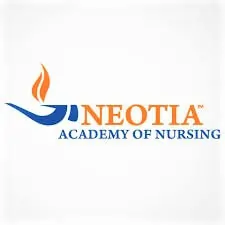Curriculum:
- The Master in Applied Nutrition curriculum encompasses essential subjects like Advanced Nutrition and Metabolism, Clinical Nutrition and Dietetics, Public Health Nutrition, Food Science and Microbiology, Research Methodology, Biostatistics, and Nutrition Counseling and Communication. The program equips students with the knowledge and skills needed to analyze and apply nutrition science in various settings, including clinical, community, and sports nutrition.
Internship/Practical Training:
- Practical training is a vital component of the Applied Nutrition program, with students typically undergoing internships in hospitals, community health organizations, research institutes, or corporate wellness programs. This hands-on experience helps students learn to assess nutritional needs, design diet plans, and provide personalized nutrition counseling.
Job Prospects:
- Graduates of Master in Applied Nutrition have excellent job prospects in hospitals, community health programs, fitness and wellness centers, research institutes, corporate wellness, and government health departments. The increasing awareness of nutrition and preventive health has expanded career opportunities in both clinical and community nutrition settings.
Salary Range:
- Entry-level salaries for Applied Nutrition graduates typically range from INR 4 lakh to 7 lakh per annum, depending on the role, organization, and location. Nutritionists in specialized roles or private practice can earn higher salaries based on experience and area of specialization.
Further Studies:
- After completing a Master in Applied Nutrition, graduates can pursue advanced certifications in Clinical Nutrition, Public Health Nutrition, or Sports Nutrition, or a Ph.D. in Nutrition Science. Advanced certifications and doctoral studies open up opportunities in academia, research, and specialized clinical practice.












